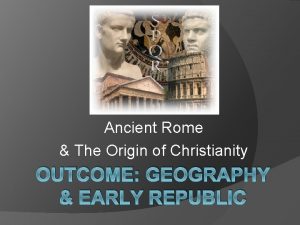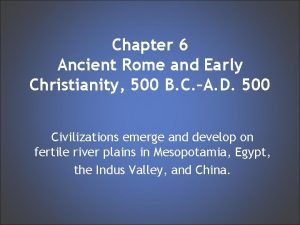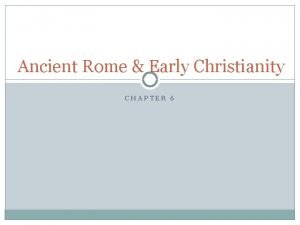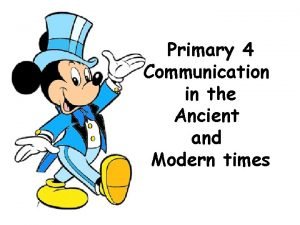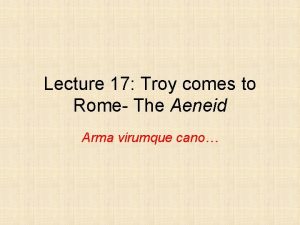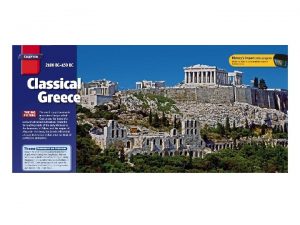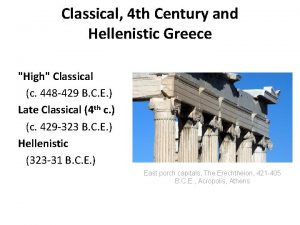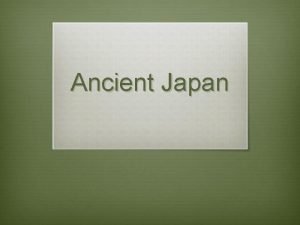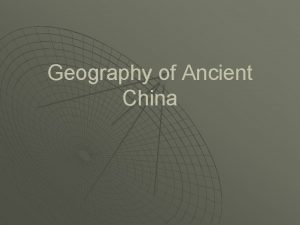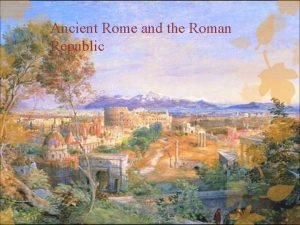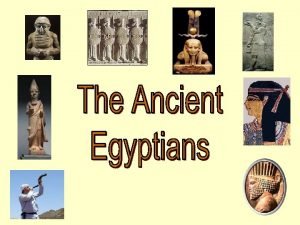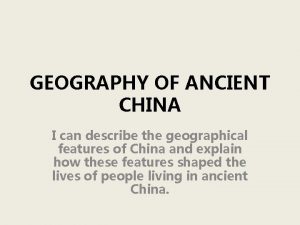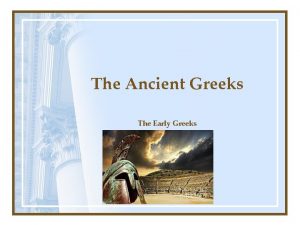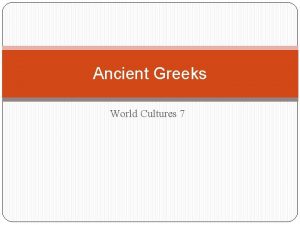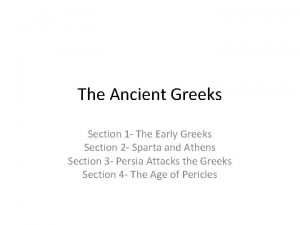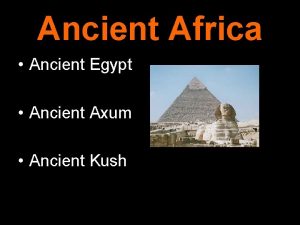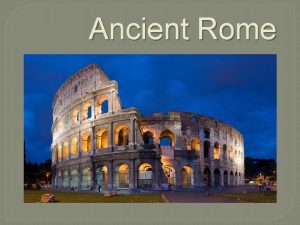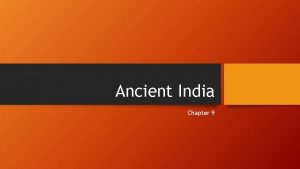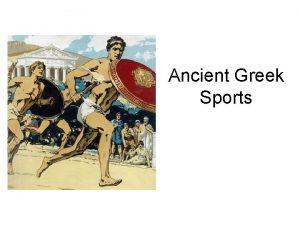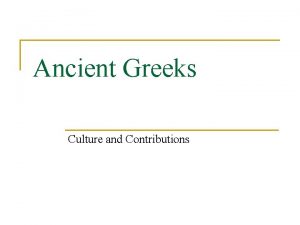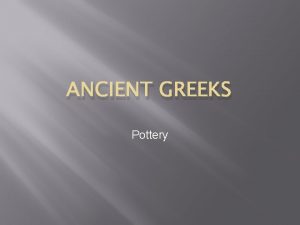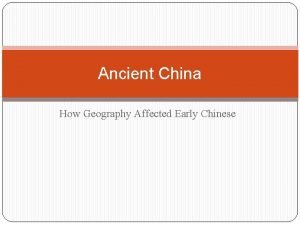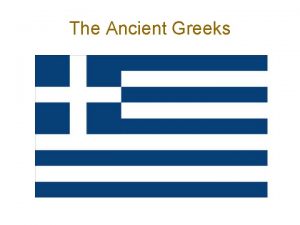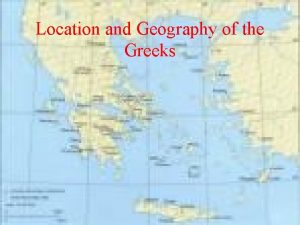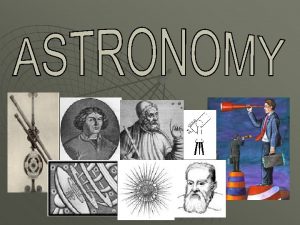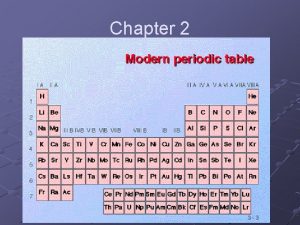The Ancient Greeks The Early Greeks The Geography



























- Slides: 27



The Ancient Greeks

The Early Greeks The Geography of Greece • Mainland Greece is a mountainous peninsula—a body of land with water on three sides. • The Ionian Sea is to the west of Greece, the Aegean Sea is to the east, and the Mediterranean Sea is to the south. • Ancient Greeks were fishers, sailors, traders, and farmers. (page 117)

The Early Greeks The Geography of Greece • Although Greece’s rocky soil made it difficult to farm, people could grow wheat, barley, olives, and grapes in the favorable climate. (page 117)

The Early Greeks The Minoans • The ruins of the Minoan civilization, the first civilization to arise in Greece, are on the island of Crete. • Artifacts at the palace at Knossos reveal the riches of the Minoan people, such as wine, oil, jewelry, and statues. • The Minoan people were traders, traveling by ship to trade with other countries. (page 118)

The Early Greeks The Minoans (cont. ) • The Minoan civilizations collapsed around 1450 B. C. , although historians disagree on the cause of the Minoan destruction. (page 118)

The Early Greeks The First Greek Kingdoms • The first Greek kings were Mycenaean leaders, whose people invaded the Greek mainland around 1900 B. C. • The center of the Mycenaean kingdom was a palace surrounded by large farms. • The Mycenaeans began trading with the Minoans and learned much about Minoan culture. (pages 119– 120)

The Early Greeks The First Greek Kingdoms (cont. ) • Before collapsing around 1100 B. C. , the Mycenaean civilization was the most powerful on the Mediterranean. • The Dark Age occurred between 1100 B. C. and 150 B. C. and was a time of less trade and poverty among people. • The Dorians invaded Greece, bringing new weapons and farming technology to the Greek people. (pages 119– 120)

The Early Greeks The First Greek Kingdoms (cont. ) • The Greeks learned about an alphabet from the Phoenicians, one of their trading partners. • The Greek alphabet had 24 letters that stood for different sounds. (pages 119– 120)

The Early Greeks A Move to Colonize • After the Dark Age, Greek people began to set up colonies in other countries. • This colonization spread Greek culture. • Trade between colonists and the parent cities grew, and soon merchants were trading goods for money instead of more goods. (page 121)

The Early Greeks The Polis • A polis, or city-state, was like an independent country. • City-states varied in size and population. • An acropolis, located at the top of a hill, was the main gathering place of the citystate. • An agora, or open area, served as a market and as a place for people to meet and debate issues. (pages 122– 123)

The Early Greeks The Polis (cont. ) • The Greeks were the first people to develop the idea of citizenship, in which citizens of a country are treated equally and have rights and responsibilities. • In Greek city-states, only free, nativeborn, land-owning men could be citizens. • Citizens could vote, hold office, own property, and defend themselves in court. (pages 122– 123)

The Early Greeks The Polis (cont. ) • The military of the city-states was made of ordinary citizens, not nobles. • These citizens were called hoplites and fought each battle on foot instead of on horses. (pages 122– 123)

The Early Greeks Discuss the following statement: “The geography of Greece influenced where people settled and what they did. ”

Sparta and Athens Tyranny in the City-States • Nobles, who owned large farms, seized power from the Greek kings. • Farmers had to borrow money from nobles and often could not pay back the debt. • The farmers lost their land had to work for the nobles or were sold into slavery. (pages 125– 126)

Sparta and Athens Tyranny in the City-States (cont. ) • Unhappy farmers demanded changes in the power structure of the city-states. • This unhappiness led to the rise of tyrants, or people who take power by force and rule with total authority. • Tyrants overthrew the nobles during the 600 s B. C. (pages 125– 126)

Sparta and Athens Tyranny in the City-States (cont. ) • Tyrants maintained their popularity by building marketplaces, temples, and walls. • The Greek people eventually tired of the tyrants and created oligarchies or democracies. • An oligarchy is a form of government in which a few people hold power. (pages 125– 126)

Sparta and Athens Tyranny in the City-States (cont. ) • A democracy is a form of government in which all citizens share power. • Sparta was an oligarchy; Athens was a democracy. (pages 125– 126)

Sparta and Athens Sparta • To obtain more land, Spartans conquered and enslaved their neighbors, calling them helots. • To keep the helots from rebelling, the Spartans created a strong military of boys and men. • Boys entered the military at age seven. • At age 20, men entered the regular army and lived in the barracks for 10 years. (pages 126– 127)

Sparta and Athens Sparta (cont. ) • They returned home at age 30 but served in the army until age 60. • Spartan girls were trained in sports to become healthy mothers and were freer than other Greek women. • The Spartan government was an oligarchy containing two branches, a council of elders, and an assembly. (pages 126– 127)

Sparta and Athens Sparta (cont. ) • The Spartan government kept foreign travelers out and discouraged its own citizens from traveling in order to maintain control of the country. (pages 126– 127)

Sparta and Athens • Boys in Athens attended school to learn reading, writing, and arithmetic. • Athenian girls learned household duties from their mothers. • Some wealthy girls learned reading, writing, and playing the lyre. • The government of early Athens was an oligarchy. (pages 128– 130)

The Ancient Greeks Section 1: The Early Greeks Focusing on the Main Ideas • Colonies and trade spread Greek culture and spurred industry. • The idea of citizenship developed in Greek city-states.



Click the map to view an interactive version.
 Differences between heliocentric and geocentric models
Differences between heliocentric and geocentric models What are the values of ancient greek culture
What are the values of ancient greek culture Ancient rome outcomes geography and early republic
Ancient rome outcomes geography and early republic Early cpr and early defibrillation can: *
Early cpr and early defibrillation can: * Ancient rome and early christianity chapter 6
Ancient rome and early christianity chapter 6 Early empires in the ancient near east
Early empires in the ancient near east Ancient rome and early christianity chapter 6
Ancient rome and early christianity chapter 6 Lesson 1 early civilizations
Lesson 1 early civilizations Communication in ancient time
Communication in ancient time Ancient india vs ancient china
Ancient india vs ancient china Option greeks wikipedia
Option greeks wikipedia How did greek nobles gain power
How did greek nobles gain power Where did the word theater come from
Where did the word theater come from American victorian flower arrangements
American victorian flower arrangements Timeo danaos et dona ferentes
Timeo danaos et dona ferentes Who were the persians
Who were the persians Modern floral design history
Modern floral design history Romans and greeks
Romans and greeks What tools did the greeks use in geometric constructions
What tools did the greeks use in geometric constructions The greeks based their ideal of beauty on
The greeks based their ideal of beauty on Romans and greeks
Romans and greeks China big idea
China big idea Japan physical geography
Japan physical geography Describe the geography of ancient greece
Describe the geography of ancient greece Ancient china map taklamakan desert
Ancient china map taklamakan desert Rome geography
Rome geography Ancient egypt civilization geography
Ancient egypt civilization geography China's geography
China's geography


